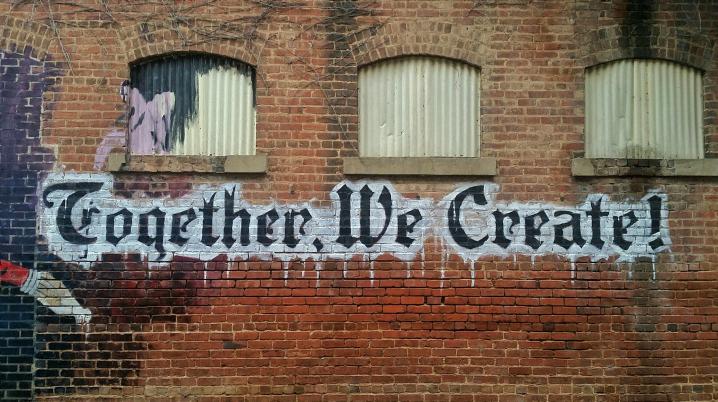
Council for Culture recommends a policy-shaping and agenda-setting role for DutchCulture
The new four-year cultural policy of Minister van Engelshoven is due to take effect in 2021. In anticipation thereof, she requested the Council’s advice on a number of themes and sectors, and on how the support infrastructure can best be organised. We were obviously interested to hear the Council’s advice with respect to international cooperation in general and its vision on our role in particular.
The Minister had previously indicated that she wished to concentrate on maintaining the leading international position of top Dutch institutes. She wished to know where more or a different kind of collaboration between the state and the urban regions would help stimulate international and European exchange, and she asked the Council for its view on the division of roles with regard to internationalisation.
In its advice, the Council discusses the added value of International Cultural Policy on top of internationalisation. It emphasises the additional context and significance that this policy gives to individual international activities, and it offers the following recommendations:
On the internationalisation of top institutes
The advice refers to ‘top institutes’, as a new type of institute. Thirty-one of such institutes could be supported by the state. According to the Council’s advice, these institutes could be given a higher budget to support their international ambitions.
On internationalisation and international cultural policy (ICB)
- Arrange for ICB to run parallel to the national cultural policy period, so that all parties involved can take account of this in their plans.
- The Council sees added value in aligning ICB with cross-sectoral themes of national policy, such as talent development, public reach and themes pertaining to censure or cultural education for children. Regarding thematic issues, the Netherlands can offer an innovative contribution and demonstrate excellence, and more collaboration at the European level could arise.
- Ensure the funds save some room to support on-the-go projects and initiatives in the field as part of stimulating and supporting internationalisation, besides through ICB.
On DutchCulture and the division of roles
- Given the complexity of the playing field, clear coordination and role definition remains essential in international cooperation. The Council is of the opinion that it will improve efficiency if DutchCulture continues to concentrate on its policy-shaping and agenda-setting role. This role requires strong positioning within DutchCulture, safeguarding the main themes and tasks but also offering room for personal knowledge and expertise.
- DutchCulture should remain financially accountable for trans-disciplinary programmes.
- Our renewed database, which offers makers and organisations an overview and tools with regard to internationalisation in practice, receives special mention.
On internationalisation in urban cultural regions
- The importance of internationalisation is mentioned specifically in a number of regional profiles. The Council believes that the ambitions for international profiling could be described more emphatically in order to better utilise opportunities.
- Festive international events often contribute favourably to collaboration in the Netherlands and to international ties. Leeuwarden Fryslân Capital of Culture and the European Year of Cultural Heritage are cited as strong examples.
- The Council recommends that urban cultural regions use existing infrastructures and partnerships, such as the EU and UNESCO, to pursue their international ambitions. The Creative Europe Programme offers a lot of opportunities. The Council does mention the need to simplify procedures, however.
Minister van Engelshoven’s letter setting out the principles and the draft grant policy for the cultural policy period 2021-2024 will be published in June. A new International Cultural Policy for the period 2021 – 2024 is expected in autumn.

